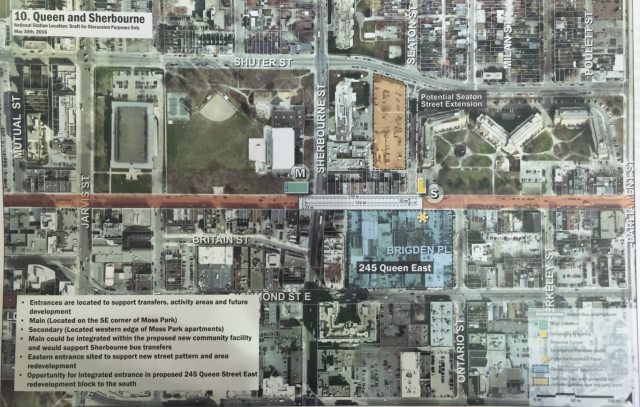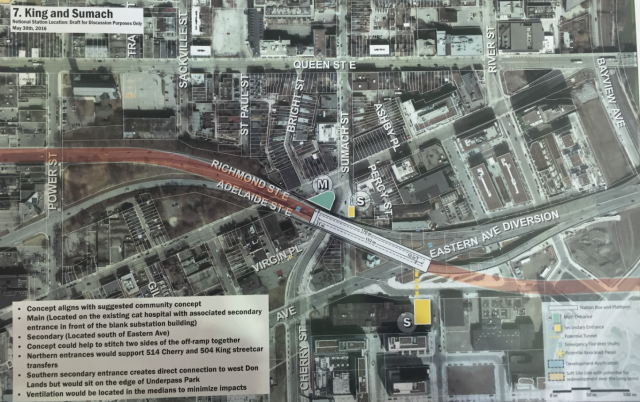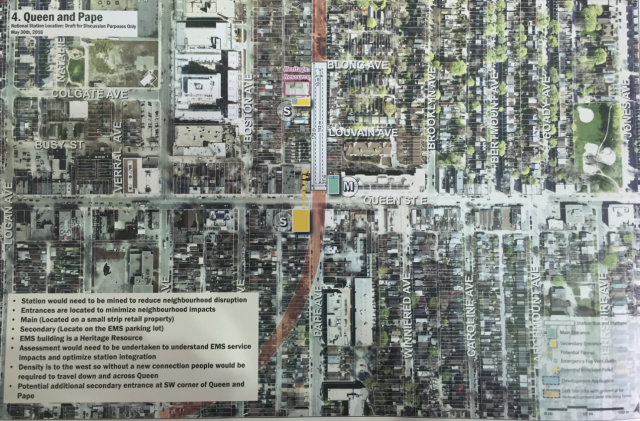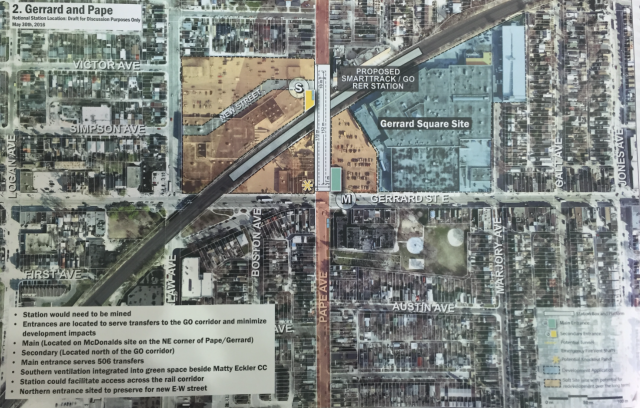Investors who have likely lost tens of thousands in syndicated mortgages say the Ontario government has “done nothing” for them, and that amended regulations touted in the province’s budget last week won’t do much to help.
The budget outlines changes that will come into effect July 1 to strengthen investor protections and make sure that “potential investors are aware of the risks” surrounding syndicated mortgages.
A syndicated mortgage is when a borrower finds more than one private lender to invest money in a property instead of going to the bank.
One big change coming for investors in Ontario is a $60,000 annual investment limit.
It will apply to individual investors in some syndicated mortgages, like the ones a CBC Toronto investigation revealed left 120 investors in the hole nearly $9 million after their money was handed over to a convicted fraudster.
Margaret Wong was one of those investors.
Nearly a year later, the retiree’s no closer to recouping the $200,000 she put into four syndicated mortgage projects with Black Bear Homes.
More than 120 people from the Greater Toronto Area’s Chinese community have likely lost nearly $9 million in syndicated mortgage investments solicited by someone they trusted and then loaned to a convicted fraudster, a CBC News investigation has found. 2:32
“At least we wouldn’t lose as much,” said Wong, about the changes. “But the main point is we would still lose the $60,000, because the government is not doing anything to protect the investor.”
Investment cap, more disclosure coming July 1
In addition to the $60,000 cap, new forms dealing with investor risk tolerance, property appraisals, and disclosure will be created by the Financial Services Commission of Ontario (FSCO), which currently regulates syndicated mortgages.
The province plans to transfer that power to the Ontario Securities Commission down the line.
Wong says the amendments to the Mortgage Brokerages, Lenders and Administrators Act are a “starting point” but don’t address some borrowers’ behaviour.
We need more accountability. The government should go after the borrower.– Margaret Wong
FSCO considers syndicated mortgages to be high-risk investments, but Wong and others who invested in them with Black Bear say they were told the investments were safe and secure.
“What has the government done for us, other than checking our background and limiting our investment?” Wong told CBC Toronto. “We need more accountability. The government should go after the borrower.”
Gary Fraser and Dominic Ha took investors on a tour of properties under development in Crystal Beach, Ont.
In Wong’s case the borrower was Black Bear Homes, a developer in Fort Erie, Ont., which was represented by Gary Fraser, a convicted fraudster.
Most of the projects involved renovating or building houses or townhomes in the Crystal Beach community on Lake Erie.
After examining Black Bear’s syndicated mortgage contracts, ledgers and the investors stories a year ago, a certified fraud examiner told CBC Toronto, in his opinion, “this is open fraud.”
Police close Black Bear investigation
But in the end police disagreed.
York Regional Police closed their investigation into Black Bear syndicated mortgages in October of last year.
“I was pretty disappointed,” said Alexander Wong, who invested $160,000. “We never had any interview. No one that we know was interviewed.”
“By doing so, how can they draw the conclusion this is not fraud?”
In a letter to another investor, police said “it was determined the this matter may fall under civil or regulatory law but not criminal law” and that investigators “provided material” to FSCO to help in their investigation of the Black Bear investments.
A month after CBC Toronto published its investigation last year, FSCO suspended the licence of the mortgage agent who solicited $9 million from Black Bear investors, Dominic Ha.
According to the contracts that investors signed, Ha received 10 per cent of the funds for each syndicated mortgage he solicited for “mortgage orientation, referral, management and consulting fees.”
FSCO hearing cancelled for mortgage agent
After his licence was suspended, Ha requested a hearing to try and restore it. That hearing was supposed to start Monday, but last week Ha withdrew his request, according to FSCO’s website.
“FSCO just dropped the hearing,” said Margaret Wong. “He just doesn’t renew his licence and that’s it? And the whole case is closed? Come on.”
In a statement FSCO told CBC Toronto the licensing hearing was cancelled because Ha withdrew his request. As a result the regulator revoked Ha’s mortgage agent licence last week.
Wong says she knows she and the others aren’t going to get all their money back, but she still wants agents who defraud investors like her to face some consequences.
“Penalize them with a fine … with a big fine,” Wong told CBC Toronto.
Percy Chan says she’s lucky she still has time to work to earn back the money she lost in syndicated mortgages, unlike seniors who were counting on the money in retirement. (Chris Dunseith/CBC)
And she’s not the only one waiting for some action, Percy Chan says this whole experience has felt like a basketball game.
“We are the basketball being passed around,” said Chan. “Nobody wants to help us.”
She says while the the government changes are “better than nothing,” she doesn’t think they they’ll prevent more people from losing money like she did in Black Bear syndicated mortgages.
We are the basketball being passed around. Nobody wants to help us.– Percy Chan
“They might help a little bit,” Chan told CBC Toronto.
“But in the long run I don’t think so because the people who are looking for the bait, for the victim, they will look for the grey area.”
Still Chan counts herself lucky, because she and her husband have time to work and earn back the money they’ve lost. Unlike many retired seniors who invested their savings with Black Bear.
“They won’t see their money before they pass away,” said Chan.
“I can see the hopelessness from their eyes. It really drowns me; it really tears me down.”







 regulations introduced at the end of 2016 are still impacting high-ratio loans.
regulations introduced at the end of 2016 are still impacting high-ratio loans.













 Maziar Moini, Broker of Record - Home Leader Realty Inc.
300 Richmond St. W., #300, Toronto, ON M5V-1X2
Maziar Moini, Broker of Record - Home Leader Realty Inc.
300 Richmond St. W., #300, Toronto, ON M5V-1X2

